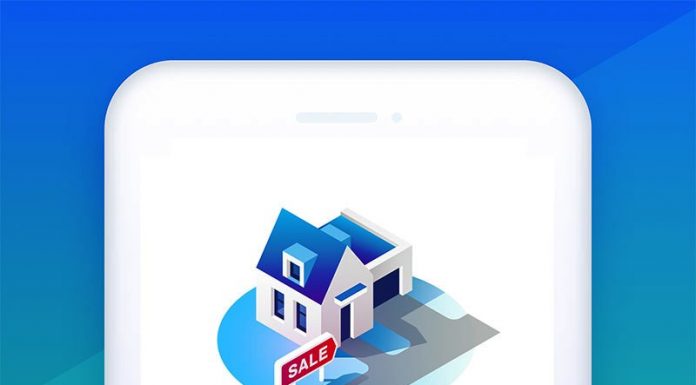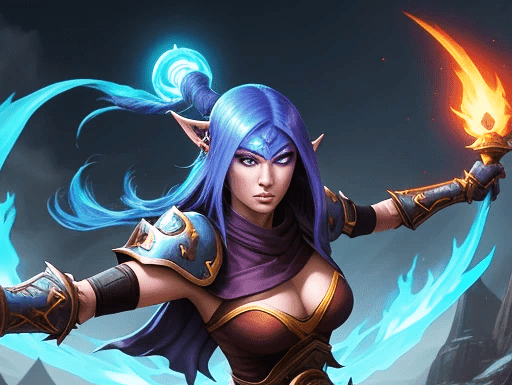The mobile app market is growing rapidly, and there’s no sign of it slowing down any time soon. Worldwide users spent around $101 billion on apps last year, and the mobile application economy is expected to be worth well over $300 billion by 2023.
With the number of mobile users projected to hit 6 billion by next year (2020), it’s not hard to see why everyone wants to get in on this lucrative market. Moreso, the future of business is mobile.
If you are here, the chances are that you’re looking to create your own mobile app.
So you have come up with a killer mobile app idea that you think your target audience will love. You are halfway there. The next sensible step is to find the right mobile development agency to turn your idea into something amazing.
Why Outsource Mobile App Development?
Many companies have ditched their in-house teams and turned to outsourcing agencies to help them design, develop, and deploy their mobile apps. Some even look towards outsourcing for app content and marketing.
Outsourcing your mobile app development comes with several benefits. It is often the cheapest and most efficient solution. Other advantages of outsourcing over in-house mobile app development include:
- It allows you to take your app to the market faster
- Reduce the overall costs of developing your app. According to this writr guide, the average cost of developing can range between $140K and $210K.
- A good agency will offer ongoing support and maintenance
- Outsource developers will take care of everything so you can focus on getting the word out about your app
- You get access to expert app designers and developers who are not only experienced but also highly specialized.
(5 Steps) How to Outsource Mobile App Development
1. Figure out the Requirements and what You Want from your Mobile App –
Consumers have a sea of choices when it comes to mobile apps. The app stores are literally bursting at the seams with apps that no one wants to use. So, what will make your mobile app stand out from the crowd?
It all starts by defining what you really want from your app. You must have a picture of what your app should look like. What it can do, and what problems it can solve for target users.
Knowing what you want makes it easy to communicate your requirements and vision as clearly as possible to outsource development agencies. That’s why you should round up your team, brainstorm ideas, and put down what you want your app to look and feel like.
To do this effectively, you should ask yourself the following questions:
- Who is the target user of your app?
- What’s the primary purpose and mission of your app?
- What is the selling point (feature) of your app?
- How do you plan to monetize it? Do you want to offer a free and a premium version of your app?
- What will your app be: native, iOS, Android, or cross-platform?
- Will you offer in-app purchasing?
- Will your app have social media integration, login features, or a feedback mechanism?
The answers to these questions will help you shape your app idea and communicate it to the developers.
2. Choose the Right Outsourcing Agency –
When it comes to outsourcing Mobile App Development, you have a few options. You can go for freelancers, large specialized agencies, or overseas development companies. Each choice comes with its pros and cons.
Specialized development companies and agencies typically have teams that consist of experts, including designers, product managers, developers, A/B testers, and even marketers. They use a strategy-focused approach and tend to deliver the best results faster. However, this option can be costly and might not be ideal for small businesses and startups with lean budgets.
Outsourcing to freelancers (independent developers) can be a cost-effective option for companies with smaller budgets. The downside is that most freelancers will not focus on the strategy and research aspect of the development.
Before choosing the right agency, you want to know their competencies. Some specialize in developing iOS apps only or Android Apps only, while others do it all. According to Pranjal Bora at Digital Authority, you should also create an RFP (Request for Proposal) so that you can set out the pain points, needs, and features that you want the developer to address in their proposals.
3. Discuss your Mobile App Idea with your Candidates –
It is important you know a little more about your potential developer before you commission the work. You can meet with their rep in person, talk on the phone, or communicate via email, live chat, or video conferencing.
The bottom line is that you must be on the lookout for signs of a good outsourcing development agency.
- Is the agency proactive – do they ask questions and inquire about your app project?
- Does the agency show a keen interest in your app idea?
- Does the agency offer suggestions on how to make your product more appealing to the user?
- How do they stack up in terms of communication, professionalism, friendliness, etc.?
- How many experts will be creating your app? How diverse is the expertise?
- What is their potential turnaround time?
Take these answers into consideration before you tell the developer to start making your app.
4. Set Well-Defined Expectations –
Whether you decide to work with an agency or a freelancer, it is important to set clear expectations for them. This way, everyone will be on the same page on what, why, and when you intend to execute each step.
5. Ask the Developer for a Project Plan –
You have already created an RFP. So, don’t hesitate to request the agency to provide you with a project plan. This will include a clear timeline, goals, and milestones that will go into the mobile app development process. It gives a breakdown of all tasks that the developer intends to complete (and by when) so as to reduce errors and make sure that no step is missed.















![[Buy Now] Jumper EZpad 6 Plus Review 2 in 1 Tablet PC “Offer” Price (Buying Guide) Jumper EZpad 6 Plus](https://www.techinpost.com/wp-content/uploads/2017/12/Jumper-EZpad-6-plus-2-in-1-tablet-11-6-FHD-IPS-Screen-Intel-apollo-lake-324x235.jpg)



